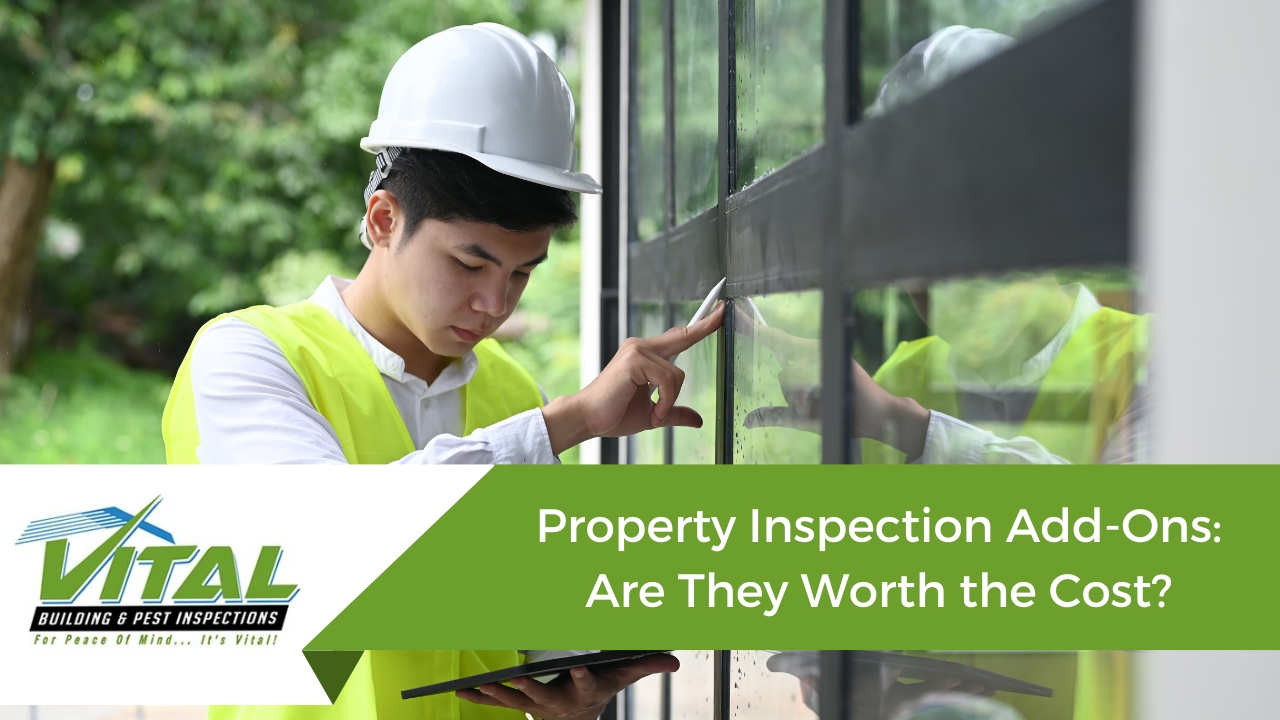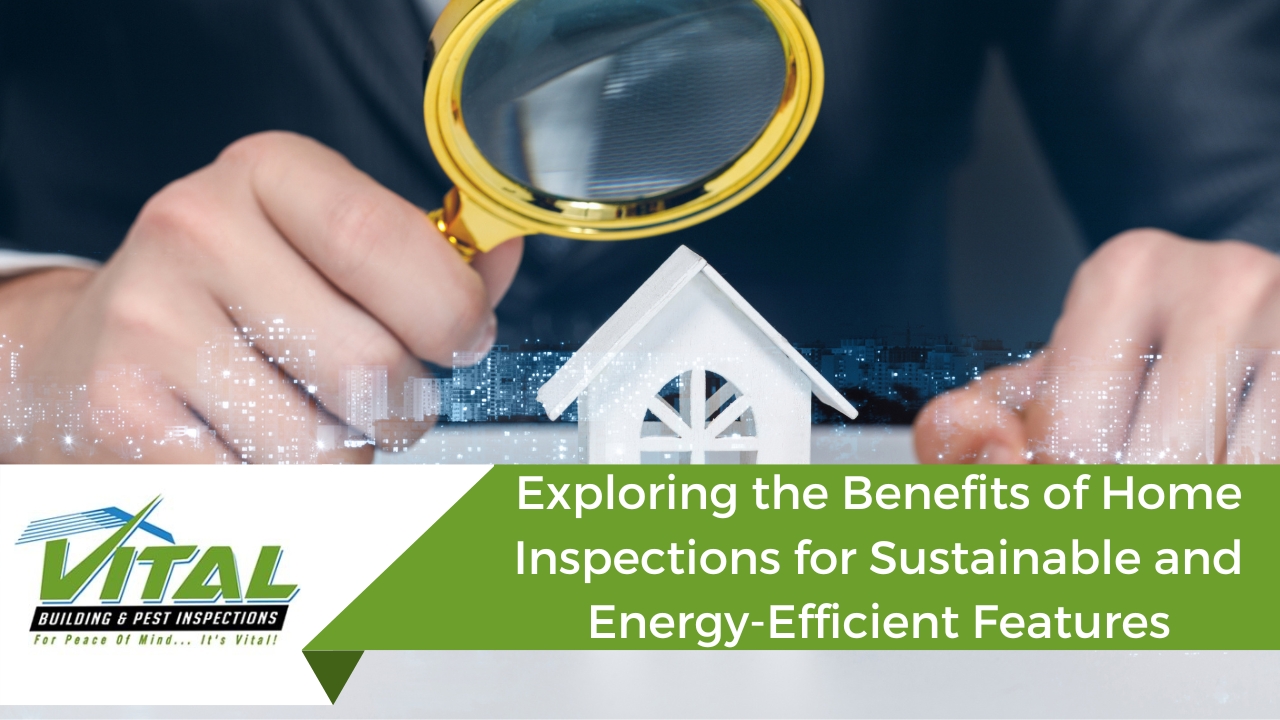Buying a home is one of the biggest investments most people will make in their lifetime. As such, it’s important to make sure you know as much as possible about the property you’re considering before making an offer. One critical step in this process is the property inspection, which can uncover potential issues that may not be immediately visible to the untrained eye. In this blog post, we’ll provide a comprehensive guide to property inspections for homebuyers. We’ll cover what to expect during the inspection, common issues that may be uncovered, and what to do once you receive the inspection report. By the end of this guide, you’ll have a better understanding of what to look for during a property inspection and how to use this information to make an informed decision about your home purchase.

The purpose of a property inspection
The purpose of a property inspection is to help homebuyers identify any issues or potential problems with a property before they make a final purchase decision. A property inspection is typically conducted by a licensed inspector who will visually examine the property’s structure, systems, and components, such as the roof, foundation, plumbing, electrical, and HVAC systems.
The inspection is designed to identify any defects, safety issues, or areas that may require repair or replacement. This information can then be used by the homebuyer to make an informed decision about whether to move forward with the purchase, negotiate with the seller, or back out of the deal entirely.
A thorough property inspection can also give homebuyers peace of mind, knowing that they have a better understanding of the condition of the property they are considering. Even if no significant issues are identified, the inspection report can serve as a helpful reference for the homebuyer in the future, particularly if they plan to make any renovations or repairs to the property.
It’s worth noting that a property inspection is not a guarantee that the property is free from defects or issues. The inspector can only identify issues that are visible at the time of the inspection, and there may be hidden issues that only become apparent later on. However, a property inspection is still an important step in the homebuying process that can help to minimise the risk of unexpected problems down the line.
What to expect during a property inspection
A property inspection is a comprehensive examination of a property’s physical condition, which can take several hours to complete, depending on the size and complexity of the property. Here are some of the things you can expect during a property inspection:
- Visual examination of the property: The inspector will conduct a visual examination of the property, inside and out, to identify any issues that may require further investigation or repair.
- Examination of the roof: The inspector will examine the roof to check for damage, wear, or leaks.
- Examination of the foundation: The inspector will examine the foundation to check for cracks, settling, or other issues that may affect the property’s structural integrity.
- Examination of the plumbing system: The inspector will check the plumbing system, including pipes, fixtures, and water heaters, to ensure that they are functioning properly and to identify any leaks or damage.
- Examination of the electrical system: The inspector will check the electrical system, including wiring, panels, and outlets, to ensure that they are functioning properly and to identify any potential safety hazards.
- Examination of the HVAC system: The inspector will examine the heating, ventilation, and air conditioning (HVAC) system to ensure that it is functioning properly and to identify any potential issues.
- Examination of the property’s exterior: The inspector will examine the exterior of the property, including the walls, windows, doors, and gutters, to identify any damage or issues that may affect the property’s value or safety.
- Testing of appliances: The inspector may test appliances, such as ovens, stovetops, and dishwashers, to ensure that they are working properly.
After the inspection is complete, the inspector will provide a detailed report outlining any issues or concerns they have identified. The report may include recommendations for repairs or further investigation, and it can be used to help inform your decision about whether to move forward with the purchase or negotiate with the seller.

Common issues found during property inspections
Property inspections are designed to identify any issues or potential problems with a property before a final purchase decision is made. Here are some common issues that may be uncovered during a property inspection:
- Roof damage
- Electrical problems
- Plumbing issues
- HVAC issues
- Structural issues
- Pest infestations
- Water damage:
- Insufficient insulation
It’s important to note that while these are some common issues that may be uncovered during a property inspection, there may be other issues that are specific to the property in question. A property inspection is not a guarantee that the property is free from defects or issues, but it can provide valuable information to help homebuyers make an informed decision about whether to proceed with the purchase and how to negotiate with the seller.
What to do after a property inspection
After a property inspection, homebuyers will receive a detailed report outlining any issues or concerns that were identified during the inspection. Here are some steps to take after a property inspection:
- Review the inspection report – Take the time to carefully review the inspection report and discuss any questions or concerns with your real estate agent.
- Determine which issues are deal-breakers – Some issues identified during the inspection may be minor and easily resolved, while others may be more significant and require further investigation or negotiation with the seller.
- Decide whether to proceed with the purchase – Based on the inspection report and any negotiations with the seller, you will need to decide about whether to move forward with the purchase, renegotiate the terms of the sale, or back out of the deal entirely.
- Prioritise repairs and maintenance – If you decide to proceed with the purchase, prioritise any necessary repairs or maintenance that were identified during the inspection. This may include hiring contractors or specialists to address specific issues.
- Consider a re-inspection – Depending on the nature and extent of any issues identified during the initial inspection, you may want to consider a re-inspection after any repairs or maintenance have been completed to ensure that the issues have been fully resolved.
A property inspection is an important step in the homebuying process that can help you make an informed decision about whether a property is right for you. It’s important to work closely with your real estate agent and inspector to understand the findings of the inspection report and take appropriate steps to address any issues that were identified.

Professional Sydney Building and Inspections
If you’re looking at a new home, it’s important to have a professional property inspection to ensure that the property is safe and structurally sound. Vital Building Inspections Sydney Sydney is here to help you with that. Our experienced team of inspectors will provide a comprehensive inspection report to give you peace of mind and help you make an informed decision. Contact us today on 0401 012 074 to schedule an inspection and take the first step towards owning your dream home.






